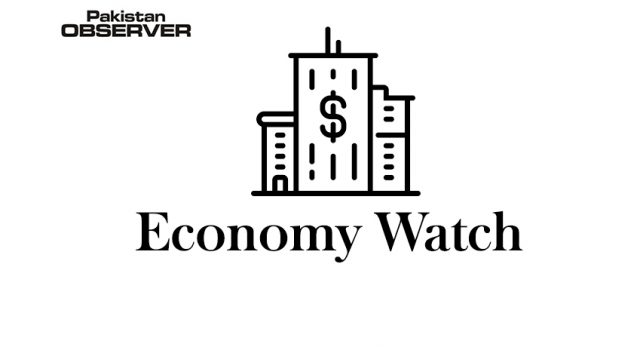Dubai
Arab states of the energy-rich Gulf are expected to accumulate $490 billion in deficits by 2023 due to the double hit of low oil prices and the coronavirus slowdown, Standard and Poors said Monday.
The six-nation Gulf Cooperation Council is estimated to post a combined budget deficit of $180 billion this year alone, the ratings agency said in a report. It based its estimates on an average oil price of $30 a barrel this year, forecast to rise to $55 in 2022. Government funding needs in the GCC — Bahrain, Kuwait, Oman, Qatar, Saudi Arabia and the United Arab Emirates (UAE) — have increased significantly this year, S&P said.
“We expect total GCC government debt to increase by a record high of about $100 billion in 2020 alone,” it said. An additional $80 billion will be withdrawn from government assets, estimated at $2 trillion, to plug the budget shortfall. “Based on our macroeconomic assumptions, we expect to see GCC government balance sheets continue to deteriorate up until 2023,” when deficits would have accumulated to $490 billion, it said. The coronavirus pandemic has hit global oil demand hard, leading to a crash in oil prices to a two-decade low before a partial recovery.The International Monetary Fund this month estimated the six GCC states stand to lose around $200 billion in oil revenues this year.—AFP









